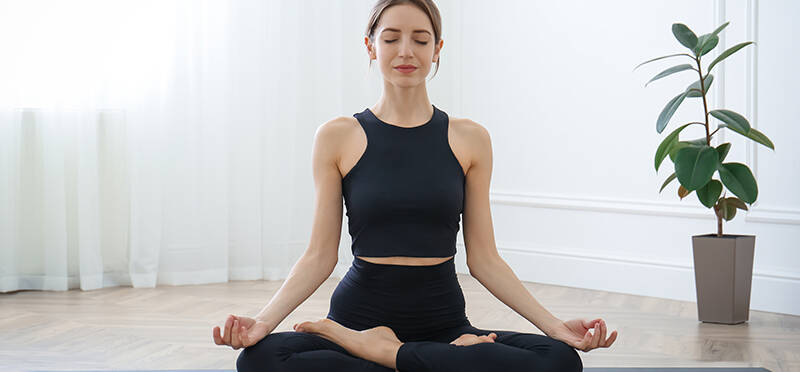Posted on December 2, 2022 by Athletico
Co-authors: Katie Warner PT, DPT, OCS and Evan Boersma of The Joffrey Ballet
December is a magical time of year in Chicago, with plenty of festive things to do to enjoy the winter holiday season. The Joffrey Ballet puts on an impressive run of The Nutcracker this year, featuring 25 full-length performances from December 3rd to the 27th. There are additionally two abbreviated performances for local schools. “Joffrey’s beloved version of The Nutcracker takes inspiration from the 1893 World’s Fair, one of the city’s great historical attractions of the late 19th century.” Athletico is proud to be the Official Provider of Physical Therapy for The Joffrey Ballet. In anticipation of this season’s production, we wanted to spotlight the preparation that goes into it from the perspective of company dancer Evan Boersma and myself, one of the physical therapists.
(more…)









